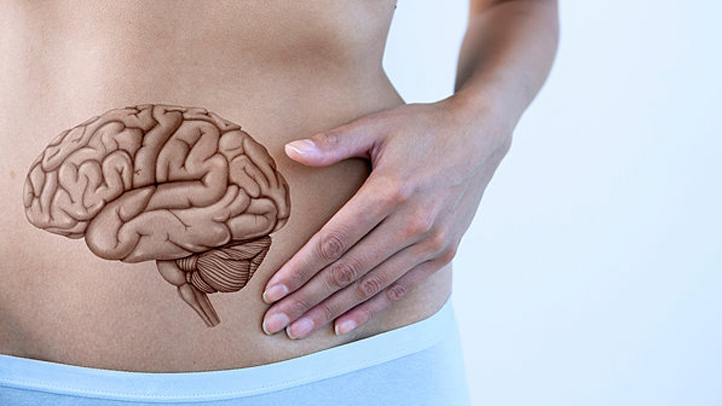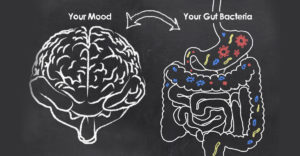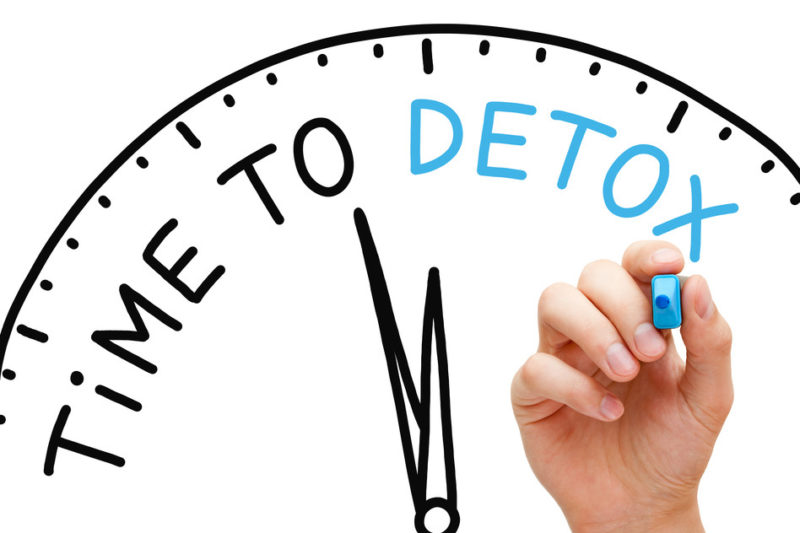

With our bodies made up of more bacterial cells than human cells, we could say we’re more bacteria than human! So, how is it that we’ve neglected this very essential part of ourselves?
This very large population of friendly bacterial cells make their home in our gastrointestinal tract. Their most basic function is to aide digestion and prevent against infectious bacterial and viral agents. However, what’s most astonishing regarding the role of gut bacteria is the great discovery of their influence on brain health!
Those at the research frontiers of the connection between the brain and the gut are implementing procedures involving the introduction of healthy bacteria -through fecal transplants- to treat conditions as severe as neurological conditions (Multiple Sclerosis, ALS) and mental health disorders (OCD, depression, anxiety) with significant positive results (1).
So we ask, is there a way to extrapolate and use the potentialities of such a procedure to improve health and prevent disease at a more rudimentary level?
Well, let’s backtrack a bit. You know those butterflies you get when you’re anticipating something exciting or fearful? Those are the results of a real physiological reaction happening in your gut. And so, the health of the mind has a direct influence upon the health of our gut. Conversely, the health of the gut also influences the functioning of the mind. This is partially due to “the well known observation that most of the body’s serotonin is synthesized and stored in the intestine” (2). Moreover, research indicates that a healthy population of bacteria in the gut not only boost immune function, protect against toxin absorption from the gut and lower inflammation but also influence satiety, and through the Hypothalamic-pituitary-adrenal axis balance hormone production (3,4)!
It would not be so farfetched to say that one causative factor for the chronic ailments we face in our Western society is the lack of gut bacteria. This is partially due to the overuse of products that kill bacteria, as well as the increased consumption of fast food, together preventing the introduction and reproduction of good bacteria in our gut. Let me explain. Firstly, we have limited the introduction of good bacteria from the environment (think antibiotics, anti-bacterial soaps & sanitizers). Second, fast food has replaced meals which would traditionally require fermentation. Now, I’m not even talking burgers & fries when I say ‘fast food’! No, our fast food-preparation processes are far more insidious and all-encompassing. Our most stable of foods, bread has traditionally been prepared by allowing yeast and bacteria to ferment the dough slowly overnight. With the introduction of quick-rise yeast, bread is no longer sitting overnight slowly fermenting, increasing the number of beneficial yeast and bacteria. And so, even our bread, where good bacteria is concerned is nutritionally deplete. The fermented bread bacteria by the way, still get to have their beneficial effects even after the high heat baking process (5, 6). Surprisingly, dead bacteria have an equal influence on our overall health as do ‘alive’ bacteria as they have been found to influence the immune system positively (5).
With disease prevention and health optimization in mind –considering that most do not require or have access to fecal transplants- here are 5 practices that ensure a healthy gut bacterial population for a clear and calm mind:
- Eat at least one serving of fermented foods daily (pickled vegetables including dill pickles and sauerkraut, fermented sourdough bread, miso, tempeh, kefir, yogurt).
- Supplement with a quality probiotic –consult your healthcare provider regarding this as there’s a multitude of wonderful (and mediocre) probiotics on the market; this may or may not be necessary depending on your current state of gut health.
- Ensure you’re feeding your probiotics well; think of them as a pet that need to be continuously fed for their survival. They are after all called ‘commensal’ bacteria as they eat the same meals you do so be sure to feed them well or else the more pathogenic bacteria will replace the good. Some great sources include sweet potatoes, avocado’s, blueberries, walnuts, onions (cooked or raw) & cruciferous vegetables (cauliflower & broccoli).
- Lower your simple sugar and refined grain intake and up your healthy fat intake! Simple sugars and refined grain feed the pathogenic bacteria and yeast that cause disease and overdoing these foods causes an imbalance in the ratio between the good and bad bacteria. Healthy fats on the other hand including butter (& ghee), olive oil, flax and hemp seed oil, and coconut oil provide an environment that allows for the flourishing of good bacteria.
- Consider discovering and eliminating any food sensitivities you may have as this can in itself disturb gut health through increased inflammation. You can discover your potential food sensitivities through either an elimination diet or an IgG food sensitivity blood test. Consult your health care provider whether this may be of benefit to you and which method may be best suited to your case.
Here’s a very interesting interactive page about Microbiota and Probiotics Benefits:
Targeting brain disorders with bacteria is still in its infancy as researchers continue to unravel the mysterious workings of the largest community of cells in our body! It is however never too early to put these findings to use by going back to our roots and permitting our children to play in mud, eating whole fresh produce and trusting the true and tried practices of fermentation!
If you’re wondering whether your gut bacteria (either the over-growth of unhealthy bacteria or lack of beneficial bacteria) is affecting not just your digestion but also your moods and emotions and possibly your immune functioning, consider consulting a naturopathic doctor to determine a working diagnosis and treatment plan.
References
- Perlmutter, David. Brain Maker: the Power of Gut Microbes to Heal and Protect Your Brain – for Life. Yellow Kite, 2015.
- Bornstein, J. C. (2012). Serotonin in the Gut: What Does It Do? Frontiers in Neuroscience, 6. doi:10.3389/fnins.2012.00016
- Rea, K., Dinan, TG & Cryan, JF. (2016). The microbiome: A key regulator of stress and neuroinflammation. Neurobiology of Stress, 4, 23, e33.
- Dahiya, D. K., R., Puniya, M., Shandilya, U. K., Dhewa, T., Kumar, N., . . . Shukla, P. (2017). Gut Microbiota Modulation and Its Relationship with Obesity Using Prebiotic Fibers and Probiotics: A Review. Frontiers in Microbiology, 8.
- Van Baarlen, P et al, Differential NF-kB pathways induction by Lactobacillus plantarum in the duodenum of healthy humans correlating with immune tolerance, Proc Natl Assoc Sci, 2009; 106: 2371–2376.
- Bloksma N, de Heer E, van Dijk H, Willers JM. Adjuvanticity of lactobacilli. I. Differential effects of viable and killed bacteria. Clin Exp Immunol. 1979b;37:367–375.


